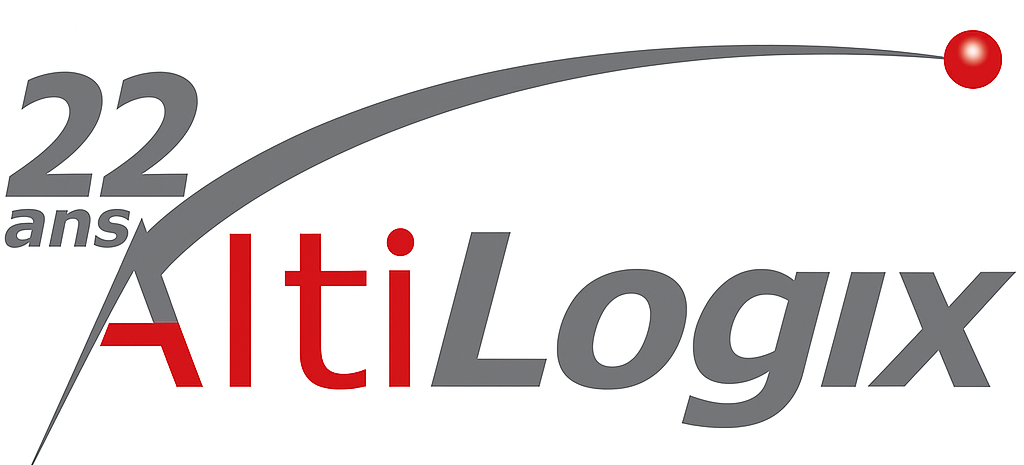“The best quality/price ratio in student request management solutions for adapted services”
The DESA system enables the SAIDE (Service d'aide à l'inclusion des étudiants) to manage the day-to-day adapted services requests from students to help them pass their exams. It consists of a self-service portal for the student, an administration console for the SAIDE and a series of configurable notifications (voice message, text message and email) that keep all stakeholders (SAIDE, students, teacher) constantly informed.



